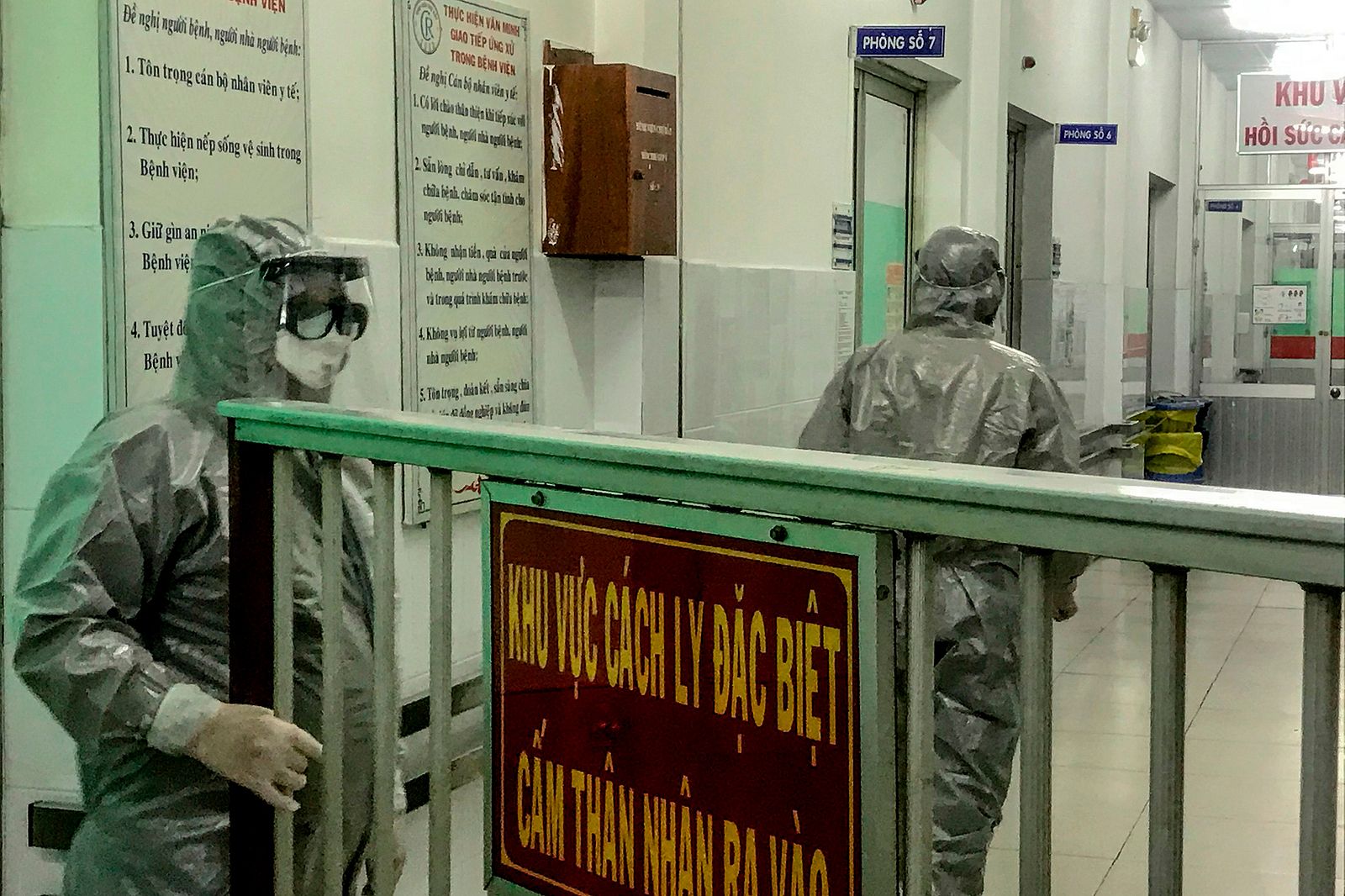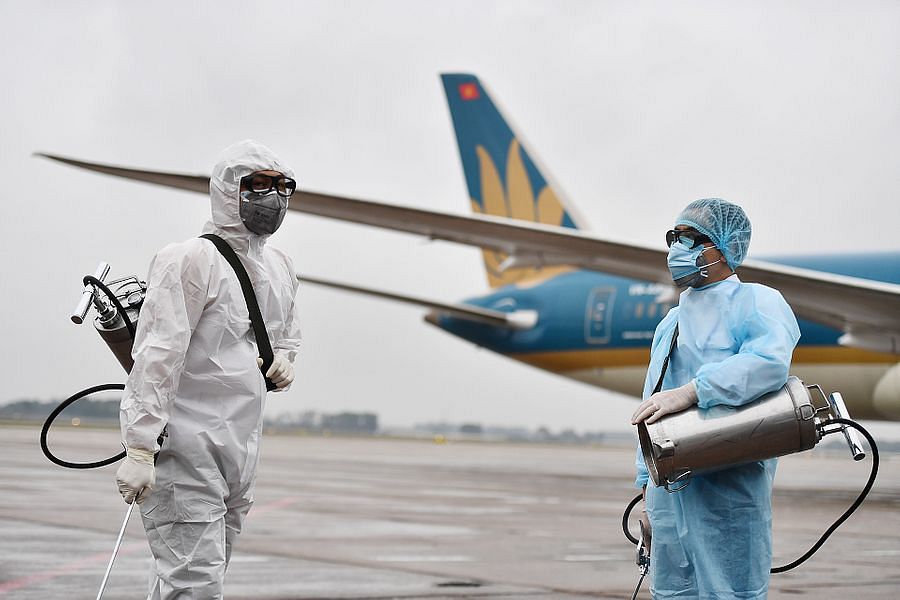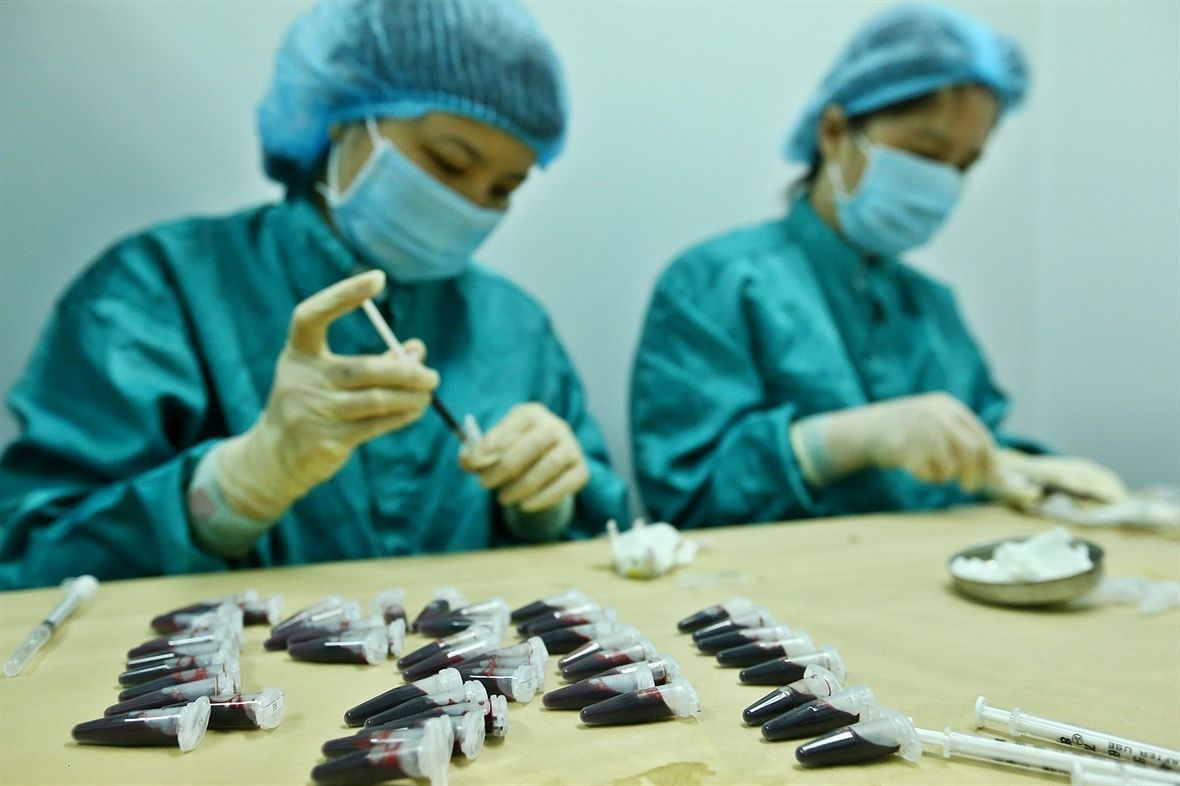Just north of Nha Trang, the World Mosquito Program (WMP) is carrying out a project aimed at one day eliminating the risk of contracting dengue from mosquitoes.
The initiative is the result of a partnership between the Australia-based WMP and the Eliminate Dengue Project in Vietnam (EDPV). The Southeast Asian nation was the first country outside of Australia to work with the WMP, specifically on Hon Mieu Island at the southern edge of Nha Trang Bay.
Professor Dang Duc Anh, Vietnam’s project director, explained the science behind the initiative in an email sent to Saigoneer: “The program uses Wolbachia – a naturally occurring bacterium that helps block mosquitoes from transmitting these viruses to people. Local teams release male and female mosquitoes [infected] with Wolbachia over a number of weeks. These mosquitoes then breed with wild mosquito populations, passing the bacteria from generation to generation.”
The trial effort began in Tri Nguyen, a village on Hon Mieu in 2013, with the mosquito releases completed in November of 2014. Since then, Anh shares, local officials on the island haven’t reported a single case of local transmission of dengue.
A nationwide problem
This has researchers in Vietnam excited, and for good reason. The World Health Organization (WHO) reports that Vietnam saw 175,000 hospitalizations due to dengue from January 1 to December 1, 2017.
According to Jose David Mendez, a Fulbright researcher currently based at the Oxford University Clinical Research Unit in partnership with the Hospital for Tropical Diseases in District 5, the actual number of cases is likely higher, since not everyone who contracts dengue develops severe enough symptoms to go to the hospital. Worryingly, he also shares that transmissions of the viral infection increased significantly in northern Vietnam last year.
Mendez explains that there are six main areas of focus for researchers working to combat dengue, including interrupting transmission of the dengue virus between humans and mosquitoes. This is where the WMP and EDPV’s work comes in.
“Recently, there has been a considerable amount of evidence that infecting mosquitoes with the bacteria Wolbachia can limit transmission of dengue from the mosquito to a human by affecting the ability of the dengue virus to infect mosquitoes,” he shares in an email.
The researcher also notes the importance of understanding that this process does not genetically modify mosquitoes, as as the bacteria does not alter their genes and spreads naturally through reproduction after being introduced.
Program expansion
On March 6, the WMP and EDPV took the important step of moving their work from Tri Nguyen onto the mainland. Over the next several months teams from the two programs will conduct weekly releases of roughly one Wolbachia-infected mosquito per 25 square meters. These releases are taking place in Vinh Luong Commune in Nha Trang and cover roughly one square kilometer.

Local officials and project leaders participate in the mosquito release in Vinh Luong.
According to Anh, the goal during this phase is “to establish the stable establishment of Wolbachia-carrying Aedes aegypti [the mosquito species which carries dengue] in a small release site of Nha Trang city and further develop the local expertise to enable future studies of the Wolbachia method in Vietnam.”
Professor Cameron Simmons, WMP’s director of impact assessment, further explains the next steps in an email. First, researchers will monitor the mosquito population in Vinh Luong to determine the prevalence of Wolbachia.
“The speed of this build-up of Wolbachia varies according to local conditions, so we release more mosquitoes when and if necessary,” Simmons shares. “Once established, Wolbachia is expected to be self-sustaining in the mosquito population.”
When asked about the chance of failure, the professor expressed optimism. “We’ve now successfully established Wolbachia in at least 300 sites around the world.” He adds,” This means that we’re constantly learning from our field trials and we are confident that any setback in one site can be addressed to achieve high, self-sustaining level of Wolbachia.”
Mendez, the Fulbright researcher, cautions that assessing the effectiveness of this method over large areas will take time. “The challenge that the WMP has is assessing the potential consequences of releasing Wolbachia-infected mosquitoes into the environment over a long-term period of time and a large geographic scale,” he explains. “It is still not known what effects the evolutionary pressure of the bacteria could have in decreasing dengue transmission. Yet, to answer these questions, Wolbachia-infected mosquitoes must be released into the environment first.”
While these unknowns must be acknowledged, the process is moving forward. The science of the Wolbachia method was perfected in Northern Australia, which has gone through four rainy seasons without any local dengue transmissions. The application of this method is also underway in Indonesia, Colombia, Brazil, India, Fiji, Vanuatu, Kiribati, Sri Lanka and New Caledonia, with plans to launch in Mexico later this year.
When it comes to Vietnam, Anh and his team at EDPV hope to expand beyond Vinh Luong if the ongoing mosquito releases prove successful. He shares, “[We are] considering expansion to some other parts of Vietnam impacted by dengue – working in partnership with local authorities, the WMP and subject to approval from the Vietnam Ministry of Health.”
Impact on daily life
If the Wolbachia method of fighting dengue proves successful, it would have an enormous global impact. The Atlanta-based Centers for Disease Control and Prevention estimates that 2.5 billion people live in areas at risk of dengue transmission, while the WHO reports up to 100 million annual infections and 22,000 deaths due to the infection, mainly children.
Truong Xuan Do is one of those 2.5 billion people. In an email interview facilitated by the WMP, the 79-year-old shared his concerns over dengue. “Many people have limited knowledge about dengue risks, and don’t pay attention to disease prevent measures,” he shared. “Thus, many people have acquired dengue.”

Truong Xuan Do watches a project field officer release mosquitoes near his house.
Three of Truong’s grandchildren have had dengue, resulting in expensive doctor visits. He hopes the WMP and EDPV program prevents this from happening again in the future.
“I have been scared of mosquitoes during the day time, so we have electric fans and often spray insecticides inside the house,” he said. “Now, after the mosquito release, my family feels safe and has trust in the method.”














